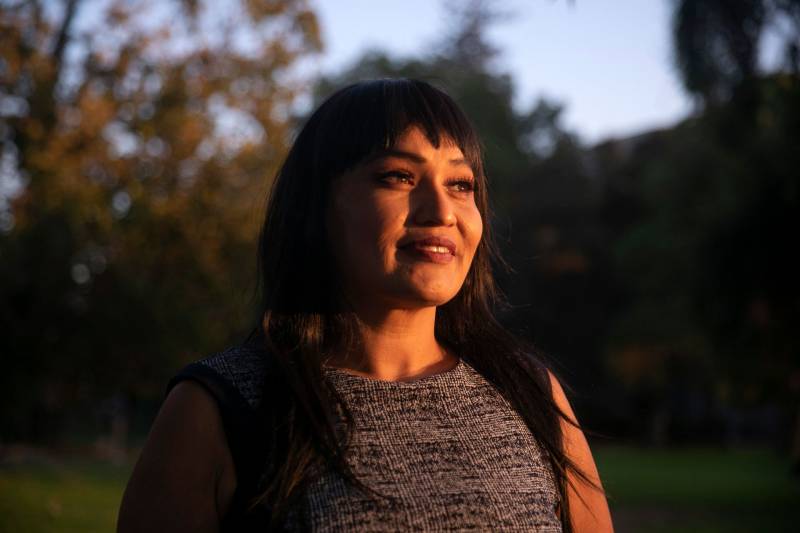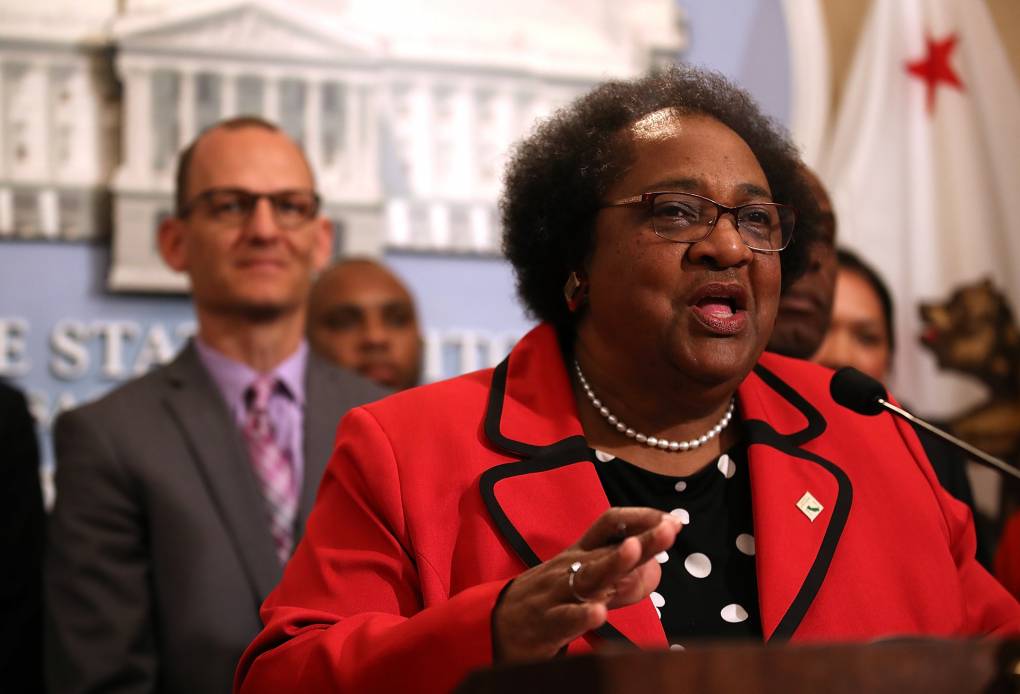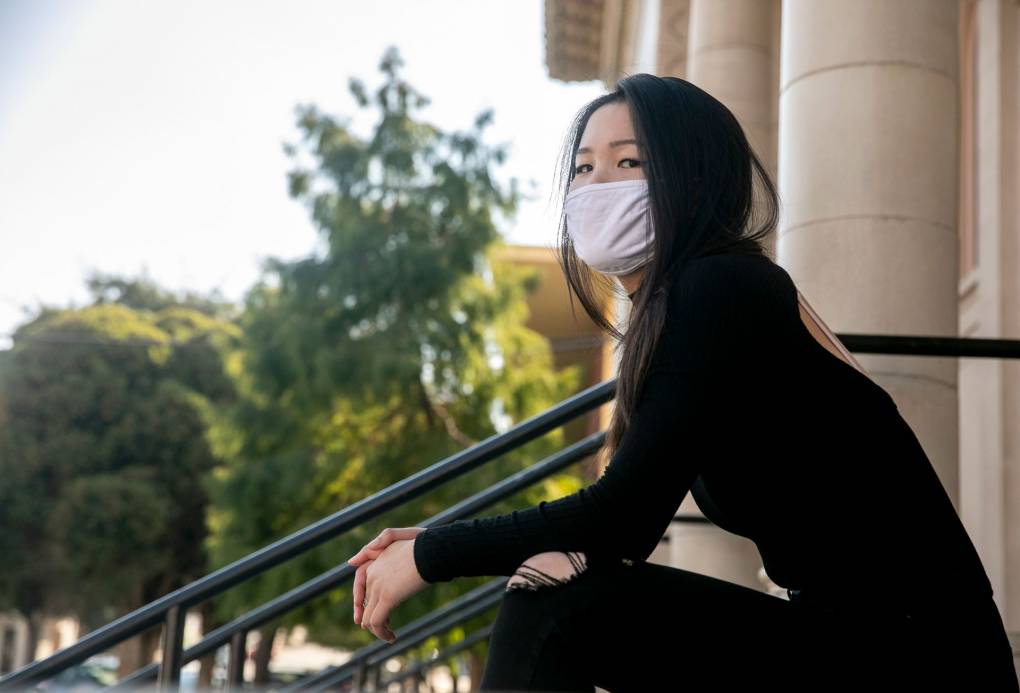When Ayo Banjo arrived at UC Santa Cruz for his freshman year, he was surprised to find that only a small fraction, about 4%, of the campus population was Black. It was “stressful,” he recalls, to not see other people who looked like him on campus.
“Where’s the outreach?” Banjo, now a senior, remembers asking himself. “We’re supposed to be this diverse campus ... but as a Black student, I didn’t feel that representation.”
So Banjo got to work creating the community he was searching for. He started an NAACP chapter on campus and ran for student body president, becoming the first Black man to be elected to the position. He partnered with the Black Student Union on a mentoring program for Black students considering UC Santa Cruz to help encourage them to come to the university. And last year, he and other student leaders from across the UC founded the Pan African Student Association, a coalition of Black and African student unions that advocates for the welfare of Black students.
In rejecting Proposition 16 by a 56.1% to 43.9% margin this week, Californians effectively voted to continue the state’s ban on considering race, ethnicity and gender in public college admissions, hiring and contracting. But universities are pushing forward with other efforts to recruit and retain a diverse student body. Often, they’re led by students from underrepresented backgrounds like Banjo, who take time out from their studies to make their campuses more welcoming for other students like them. They say that even though Proposition 16 did not pass, their work will continue.


